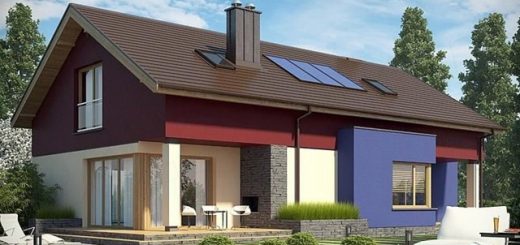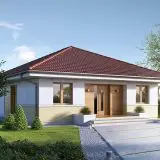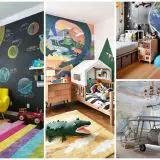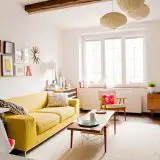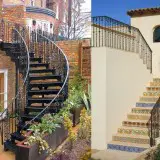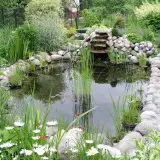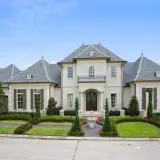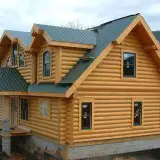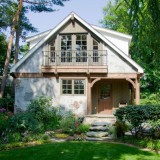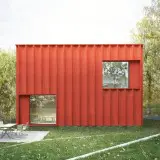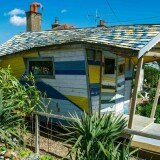Houses Built In 24 Hours – For A World On The Move
We have got to live round the clock literally. In a world in continuous motion in which times is such a precious resource, houses that can be assembled in a single day lure more and more customers for who living is just another aspect of an ever busy life. These are generally prefab homes which can be easily put together just as a Lego game, immediately answering practical needs of a generation which defy conventional norms. Here are three examples of houses that can be built in a day.
The first example comes from South Africa. This plastic mold framework is filled with cement and sand, with plumbing, electricity, window, and door frames placed “between the formwork.” The shell of the house is ready overnight. The framework, which is reusable, goes up in four hours and is filled with the mix in about two. The walls are set on reinforced bar foundations and left to cure for three to seven days. Adding roof, windows, and doing some painting takes another three days.
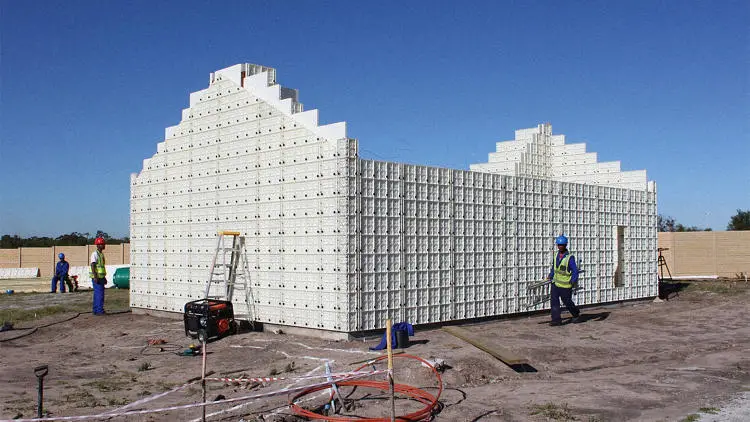
Houses built in 24 hours – solutions from South Africa
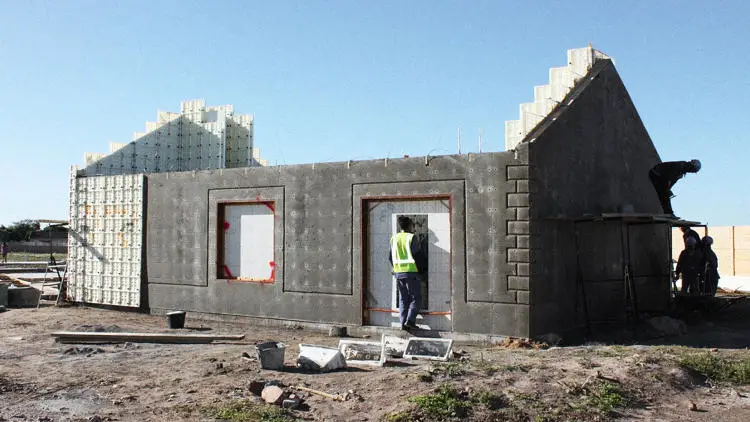
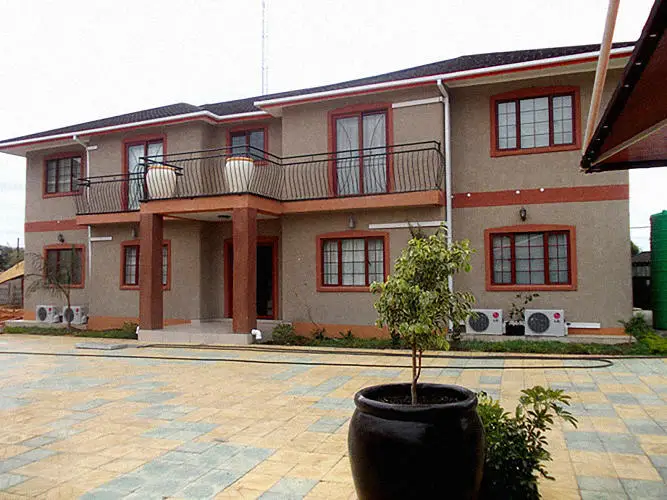
The second example is the creation of a Dutch architecture firm. Heijmans One is a prefabricated home made out of solid wood frames and solar panels that can be built pretty much anywhere, in a single day. According to Heijmans, the compact, energy-efficient homes were designed to make use of the “derelict sites” that exist in cities like Amsterdam, and includes everything one would need to live, such as a kitchen, bathroom, living room, bedroom and even an outside patio.
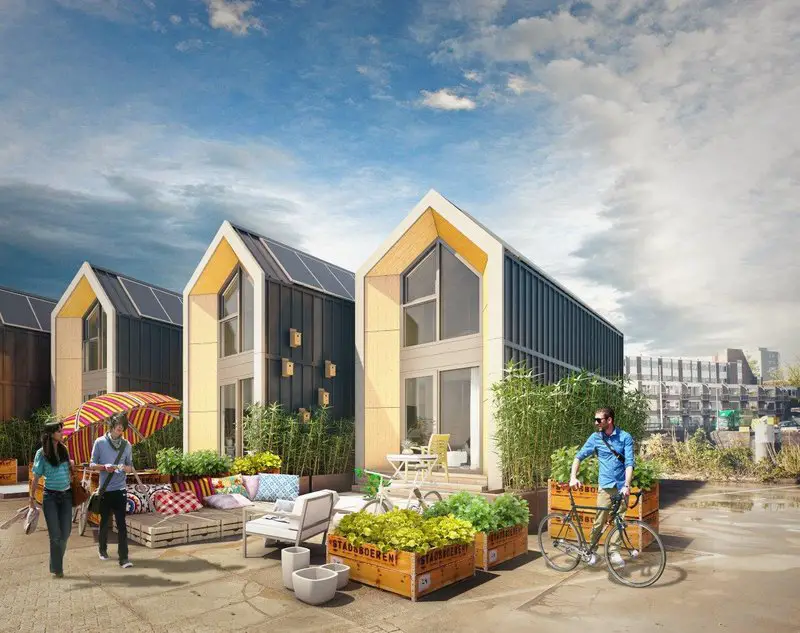
Houses built in 24 hours – the Dutch model
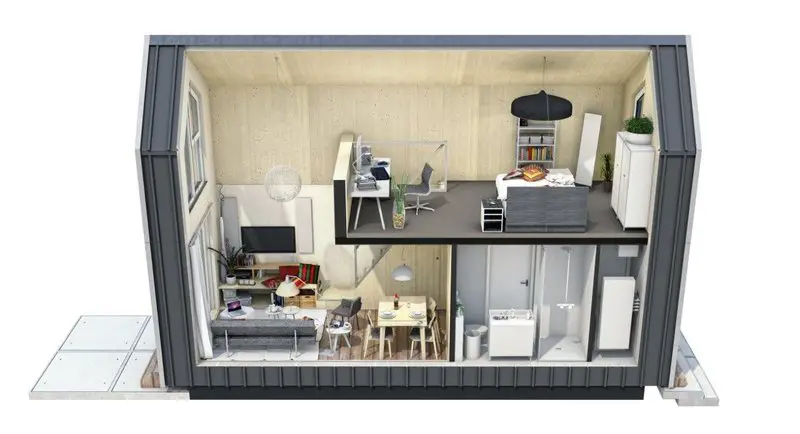
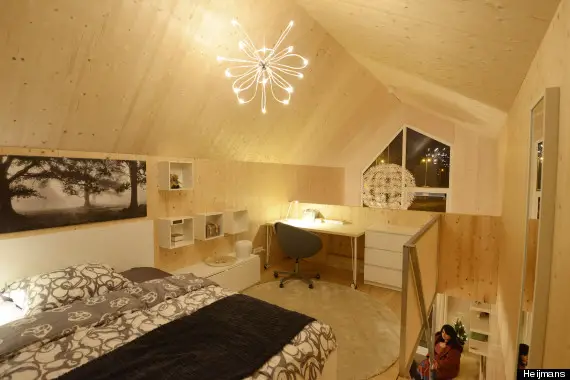
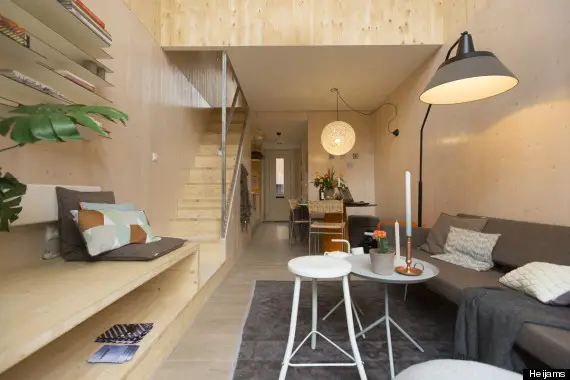
The last concept comes from Germany and, designers say, it’s literally a power plant. A self-learning heating and power system inside the home utilizes a series of radio sensors inside and outside, as well as on the home’s electric cars, to constantly compare and learn, not only adjusting to temperature differences and behavioral patterns but forecasting them. The super light, fully recyclable 90-square-meter building with a self-learning, self-regulating energy system generates 200% of its energy needs with a grid of photovoltaics on the roof. It’s literally a “power plant”.
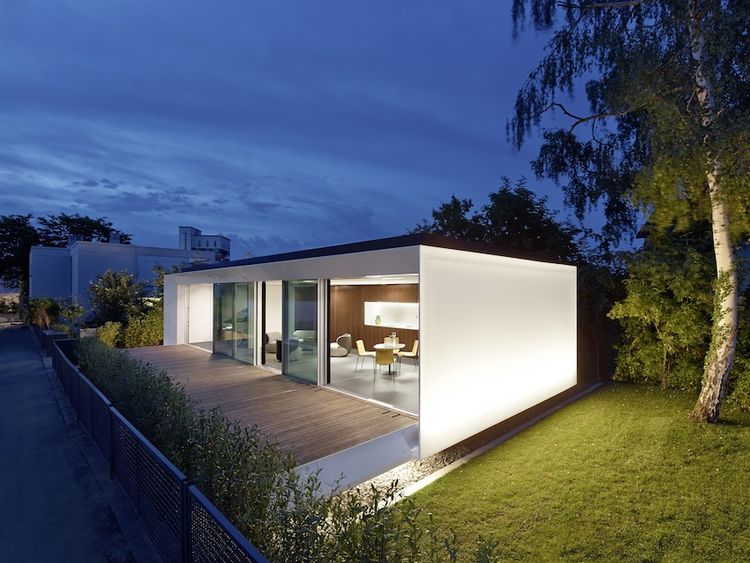

Finally, the fourth example is a 200 square meter house built by a Chinese company using a gigantic 3-D printer. The “ink” it uses is created from a combination of cement and glass fibers. In a nod to China’s green agenda, the company said in the future it plans to use scrap material left over from construction and mining sites to make its 3-D buildings.
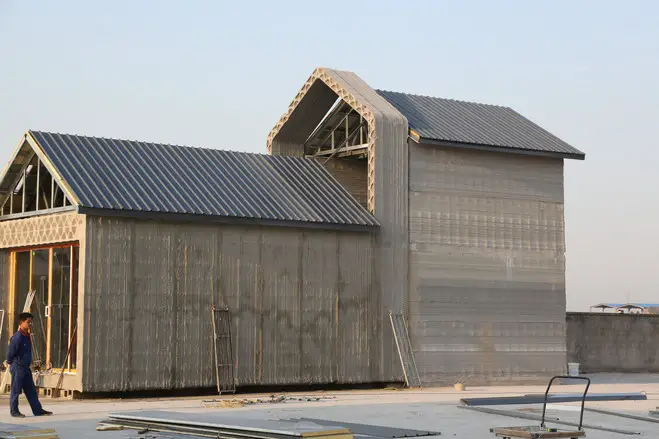
Houses built in 24 hours – 3D printed
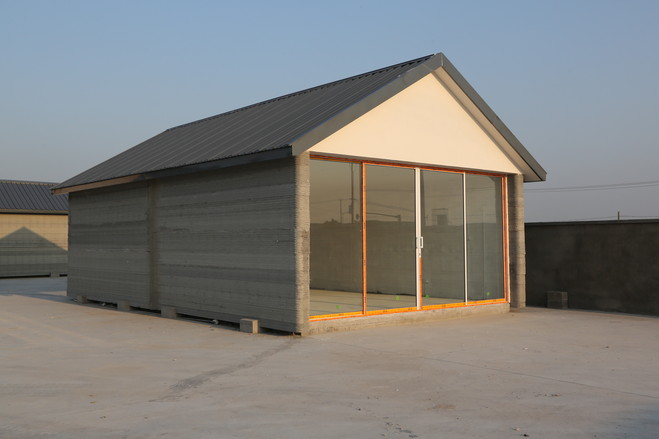
Sources: Wsj.com, Dwell.com, Huffingtonpost.com
